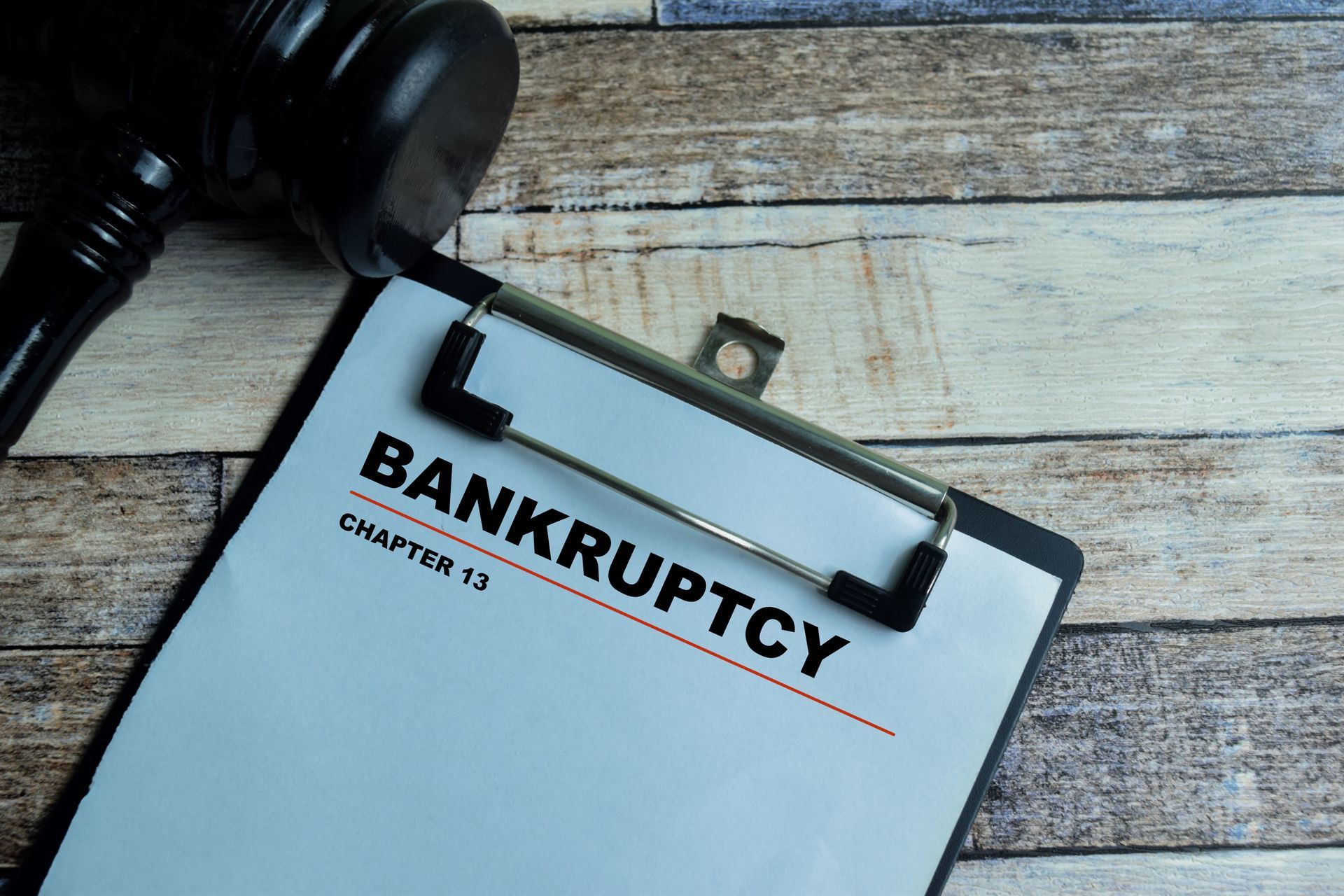Understanding Special Needs Trusts and How Carl W. Hopkins, PA Can Help
Understanding Special Needs Trusts and How Carl W. Hopkins, PA Can Help
Planning for the future is essential, especially when it comes to caring for loved ones with special needs. One important tool in estate planning for individuals with disabilities is a special needs trust. In this blog post, we will discuss what a special needs trust is, how it can benefit your loved one, and how Carl W. Hopkins, PA can assist Arkansas residents with their estate planning needs.
A special needs trust is a legal arrangement that allows assets to be set aside for the benefit of a person with disabilities without jeopardizing their eligibility for government benefits such as Medicaid or Supplemental Security Income (SSI). These trusts are designed to supplement the government assistance that an individual may receive and provide for additional care and resources that enhance their quality of life.
There are two main types of special needs trusts: first-party trusts and third-party trusts. A first-party trust is funded with the disabled individual's own assets, such as an inheritance or personal injury settlement. A third-party trust is funded with assets from someone other than the disabled individual, such as a parent or grandparent. Each type of trust has its own requirements and restrictions, so it's important to consult with an experienced attorney like Carl W. Hopkins, PA to determine which type of trust is best suited for your situation.
When you work with Carl W. Hopkins, PA on your estate planning matters, you can rest assured that you are receiving expert guidance tailored to your specific needs and goals. Our team understands the complexities of special needs trusts and can help you navigate the legal process with ease. We will work closely with you to create a comprehensive plan that protects your loved one's interests while ensuring they receive the care and support they need.
In addition to setting up a special needs trust, our firm can assist you with other aspects of estate planning, including drafting wills, establishing powers of attorney, and creating advance directives. We understand that every family situation is unique, which is why we take the time to listen to your concerns and develop a personalized plan that meets your individual circumstances.
Planning for the future can bring peace of mind knowing that your loved ones will be taken care of when you're no longer able to do so yourself. By working with Carl W. Hopkins, PA on your estate planning matters, you can ensure that your loved one with special needs receives the support they deserve while protecting their eligibility for government benefits. Contact us today to schedule a consultation and start creating a plan that provides security and stability for your family's future.











